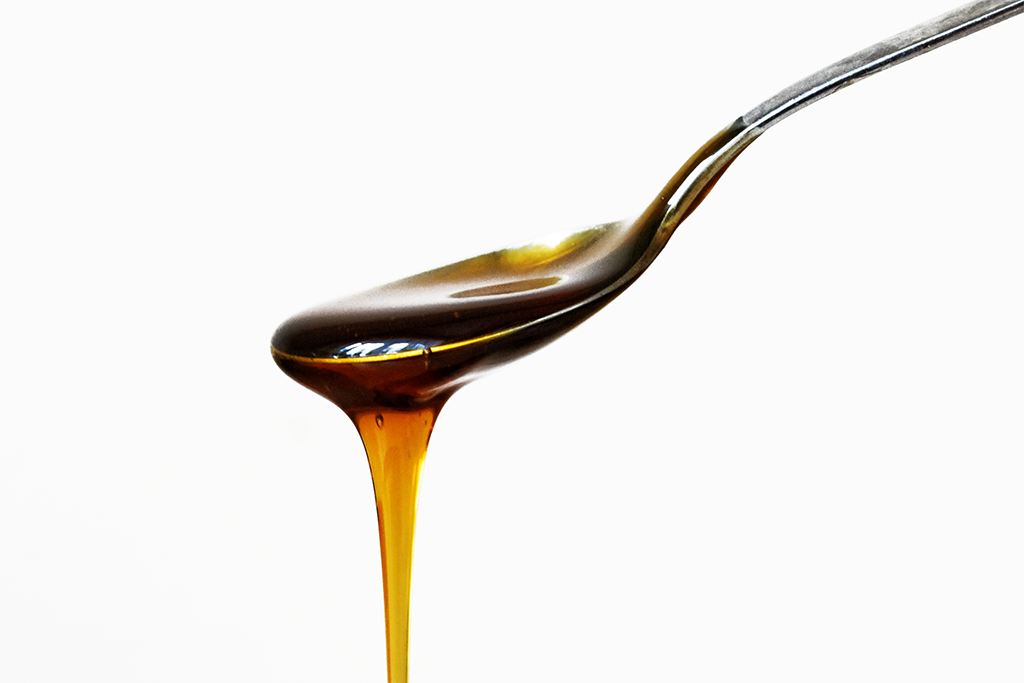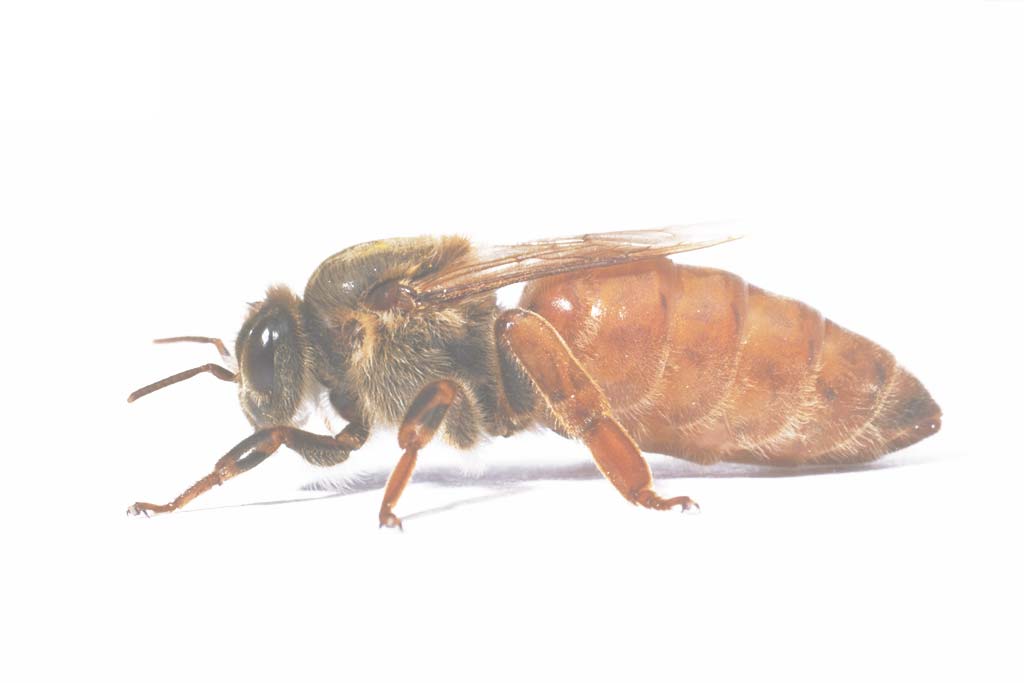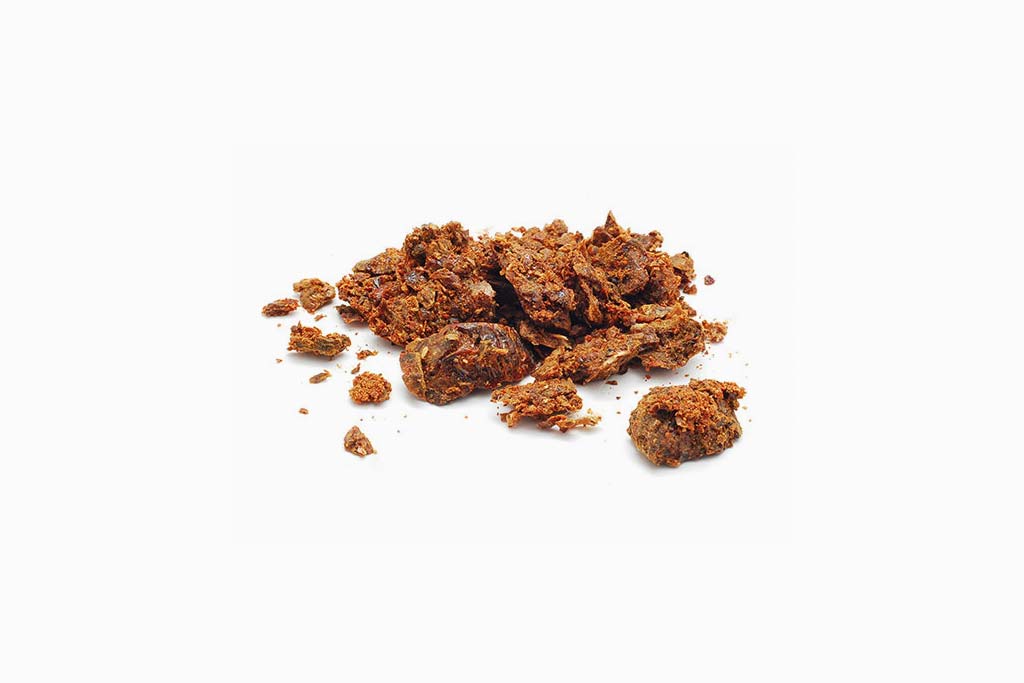


Our philosophy is for you to live “your honeymoon throughout the year.”
How can this be done?
It is achieved through a deep appreciation of the value this precious gift of nature has for humans.
The world of bees or in other words, the society of bees has a past, a present and a future. We have much to learn from this world.
We also have the meraki, consistency and desire to learn, in order to offer honey of superior quality and products which are beneficial with great healing properties for people.
We invite you to join us so we can share our Love for the wonderful world of bees.
A tresure of health, a gift of nature to peolpe since the ancient times. Pythagoras found that after intensive spiritual or manual work, honey gives new powers to the body. Hippocrates used to say that honey brightens the facial color and is beneficial for both healthy and sick people. Aristotle and Democritus believed that honey prolongs life. The educators of Sparta used to withdraw to Taygetos for one month with their teenage soldiers where they fed exclusively with honey (the honeymoon).
How is honey made
Worker bees travel and collect nectar and insect secretions, known as honeydew, from the flowers of plants.Foraging bees transport them to the beehive, they enrich them with valuable nutrients and enzymes, they processes them into honey and finally the worker bees store the honey in the combs.
Honey contains magic
Honey is a natural food which until this day has been recognized with containing over 180 nutrients. It contains carbohydrates, organic acids, vitamins, enzymes, minerals, natural flavorings etc.
The therapeutic and nutritional value of honey
It is no coincidence that honey is the only food that never expires.Honey has antiseptic and tonic properties, it reduces ulcers and increases the heart rate.
It helps people with constipation due to the cholen it contains.
It contributes to rapid health restoration in cases of anemia, as it contains iron.
Honey contains inorganic elements that play a role in metabolism and in cell nutrition. The natural sugars honey contains are absorbed immediately and so it is quick energy source for the body. Honey has antimicrobial properties and inhibits the growth of bacteria and other pathogens. It aids in healing, cleansing and disinfecting wounds.


It is a creamy substance secreted by the glands young bees have in their throat, in order to feed the larvae destined to become queens. The amazing nutricional fact is that the larvae that feed on it will live about six years while ordinary larvae live up to 5-6 months.
Within the royal jelly lies the secret that transforms the worker bee to a queen. These ingredients remain unknown. What we know to this day is that it contains basic amino acids, all the essential vitamins, enzymes, regenerating elements, minerals, proteins, lipids, etc.
Propolis is a type of resin enriched with wax, pollen, enzymes and other substances that the bee produces and it uses it to seal and disinfect the entrance of the beehive.
It offers protection to the nest, blocking the entrance to enemies such as mice, large butterflies, etc.
Healing properties
Propolis has bactericidal properties. It is used for the treatment of wounds in the respiratory organs, of the oral cavity. It aids in healing the flu, helps reduce allergies and improves the blood circulation in the capillaries. It has antibacterial properties and works against bacteria and also protects Vitamin C from oxidation.
It is used in cosmetics, in dentistry, it helps treat problems related to rheumatic arthritis and spinal ankylosis


Pollen is a the product collected by bees from the flowers of Greek nature. It is the richest natural food in proteins, vitamins, amino acids, enzymes and hormones.
It improves the appetite and helps in cases of weakening of the body, inability to lose weight, intestinal disorders, psychosis and neuropathic diseases, memory loss, poor metabolism, it positively affects hair growth, alleviates the problems of menopause and improves the treatment for prostate inflammation
Themistocles Alexis
I was born and raised in a small village in eastern Crete called Latsida. Until I was 31 years old I worked as an electrician.
The fast pace of work did not allow me to have any substantial contact with nature. My first contact with beekeeping was as an amateur. With the encouragement of my sister Maria, I purchased a hive from a beekeeper friend and placed it in the yard of my house. From this beehive I managed to get a frame of honey, which was from the flowering period of the carob tree, a flavor that I still remember.
After some time I had a car accident, broke my hip and got a neurological complication in the palm of the hand. I spent a few days in the hospital and plenty of recovering time at home. During this time when I could not work, I reflected and meditated on the path of my life; I decided to finish high school and to have a diploma. Time passed and the problem with my hand was not improving. My eldest sister Maria advised me to try bee venom acupuncture with the help of an acupuncturist. I followed her advise and the result was spectacular!
Life however continues to play its game and I end up in Thessaloniki where a professor from the evening school where I studied, will bring me back in touch with beekeeping. I will not manage to stay away from Crete for a long time. The island calls me back but beekeeping follows me …
A new beekeeper friend will teach me the secrets of beekeeping and with his ongoing assistance I will develop my apiary. Meanwhile I met my other half and now I have a new family! With immense help from my new family, I develop my beekeeping workshop in the mountain village of Kroustas. My wife’s great-grandfather and grandfather were also into beekeeping and the place where my apiary and workshop are today, belonged to them

